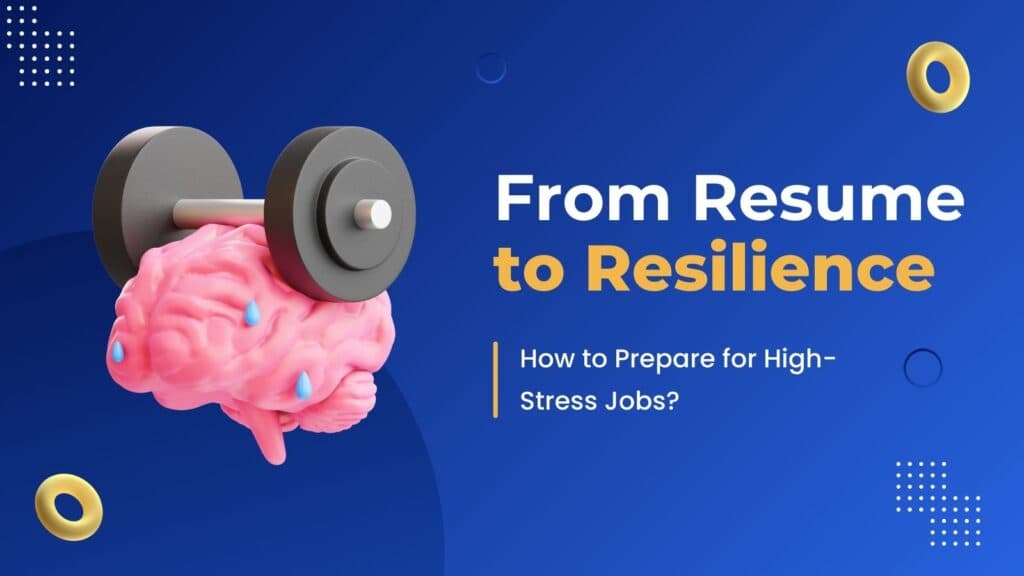What is the Purpose of a Cover Letter: Write One That Stands Out in 2024
Written by: Rajat Bhardwaj
A cover letter is one of the most crucial components of your job application. While your resume provides a structured overview of your qualifications and experiences, a cover letter adds personality and context, making your application more compelling. In this blog, we’ll explore the purpose of a cover letter and how to write one effectively, from general to specialized ones.
Understanding the Purpose of a Cover Letter
A cover letter serves as a bridge between your resume and the job you’re applying for. Its primary purposes include:
- Introduction: It introduces you to the hiring manager and provides a brief summary of who you are and why you are applying for the job.
- Personalization: Unlike a resume, a cover letter allows you to tailor your message for a specific job and employer.
- Highlighting Key Skills and Achievements: It gives you the opportunity to showcase the most relevant aspects of your background that match the job requirements.
- Explaining Gaps or Career Changes: If there are gaps in your employment or if you’re shifting careers, a cover letter is the perfect place to explain your situation.
- Demonstrating Enthusiasm: It shows your genuine interest in the company and the role, which can set you apart from other candidates.
Types of Cover Letters
Cover letters can vary greatly depending on the job and industry you’re applying to. Here’s a quick guide to different types of cover letters:
- General Cover Letter: Suitable for most job applications. It includes a brief introduction, key achievements, and a closing statement.
- Professional Letter Writing Service: For those who struggle with writing, professional services can help craft a personalized cover letter.
- Cover Letter for Disability Support Worker: Emphasizes empathy, patience, and any relevant certifications or experiences.
- Cover Letter with No Experience: Highlights your enthusiasm, transferable skills, and willingness to learn. Ideal for fresh graduates or career changers.
- Cover Letter for Restaurant Job: Mention your experience in customer service, handling high-pressure environments, and teamwork skills.
- Government Cover Letter: Often requires addressing specific criteria outlined in the job description, showcasing your suitability for the public sector.
- Mini Cover Letter: A shortened version used for speculative applications or when emailing directly to a hiring manager.
How to Structure Your Cover Letter?
A well-structured cover letter can make a strong impact. Here’s how you can organize it:
- Header: Include your contact details and the employer’s information.
- Greeting: Address the letter to a specific person whenever possible. If not, use “Dear Hiring Manager.”
- Opening Paragraph: Start with a strong opening. State the job you’re applying for and a brief overview of why you’re interested in it.
- Example: “I am writing to apply for the position of Marketing Specialist. With a background in digital marketing and a passion for creative campaigns, I am excited about the opportunity to contribute to your team.”
- Middle Paragraph(s): Focus on your key achievements and how they align with the job requirements. Use bullet points for clarity.
- For Example:
- Increased social media engagement by 30% in three months through targeted campaigns.
- Developed content strategies that boosted website traffic by 50%.
- For Example:
- Closing Paragraph: Reiterate your enthusiasm for the role, thank the employer for considering your application, and express your interest in discussing how you can contribute to the team.
- Signature: End with a professional closing, such as “Sincerely,” followed by your full name.
Tips for Writing an Effective Cover Letter
- Be Concise: Keep your cover letter to one page. Employers appreciate brevity.
- Tailor Your Cover Letter for Each Job: Avoid using the same cover letter for multiple applications. Customize it to the job you’re applying for.
- Use Keywords from the Job Description: This helps your cover letter pass through Applicant Tracking Systems (ATS).
- Show, Don’t Tell: Instead of saying you have excellent communication skills, give an example of how you effectively communicated in a professional setting.
- Proofread: Spelling and grammar mistakes can make a bad first impression. Always double-check your letter.
Cover Letter Examples for Various Roles
- Cover Letter for Restaurant Job:
- Focus on your experience in the food industry, customer service skills, and ability to work in a fast-paced environment.
- Mention any special skills, such as knowledge of food safety regulations or bilingual abilities.
- Investment Banking Cover Letter:
- Highlight your analytical skills, proficiency in financial modeling, and any relevant internships or academic projects.
- Use industry-specific terms to demonstrate your knowledge.
- Federal Cover Letter:
- Address specific criteria listed in the job posting, such as familiarity with government policies or previous public service experience.
- Provide examples of your commitment to public service.
- Cover Letter for Disability Support Worker:
- Highlight your compassionate nature and experience in supporting individuals with disabilities.
- Mention any specific certifications or training related to the role.
Common Mistakes to Avoid
- Using a Generic Template: Personalize your cover letter for each job application.
- Focusing Only on Yourself: Instead of listing what you want from the job, focus on what you can offer to the employer.
- Rehashing Your Resume: Your cover letter should complement, not duplicate, your resume.
- Being Too Vague: Use specific examples and achievements to demonstrate your skills.
Conclusion
A compelling cover letter can significantly enhance your job application by showcasing your personality, enthusiasm, and suitability for the role. Whether you’re applying for a general position, a government job, the tips and examples provided in this guide will help you create an impactful cover letter.
Take the time to customize your cover letter for each job, and you’ll be well on your way to landing your next big opportunity. Happy writing!

